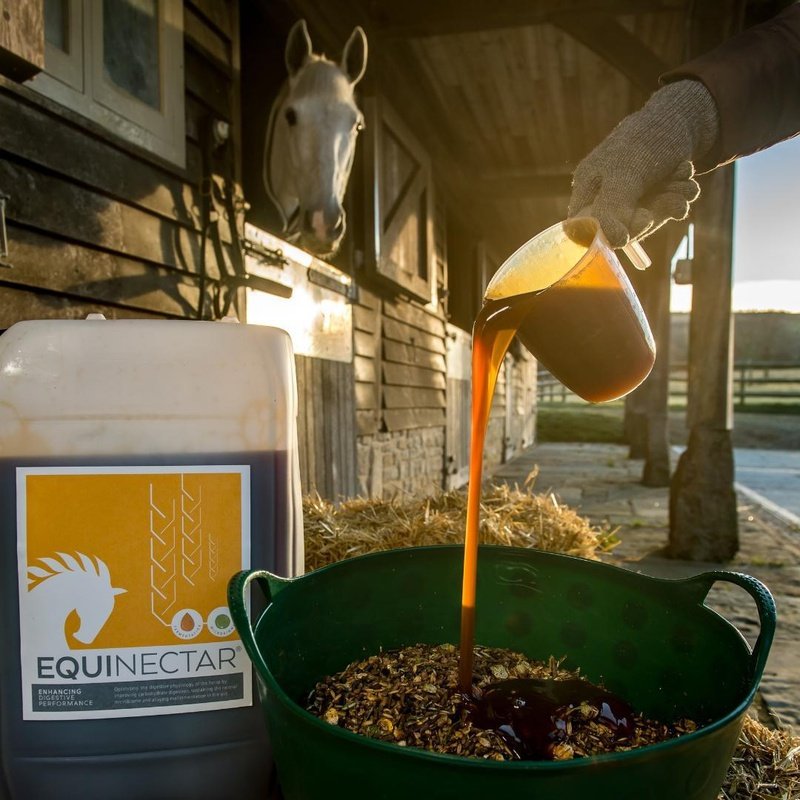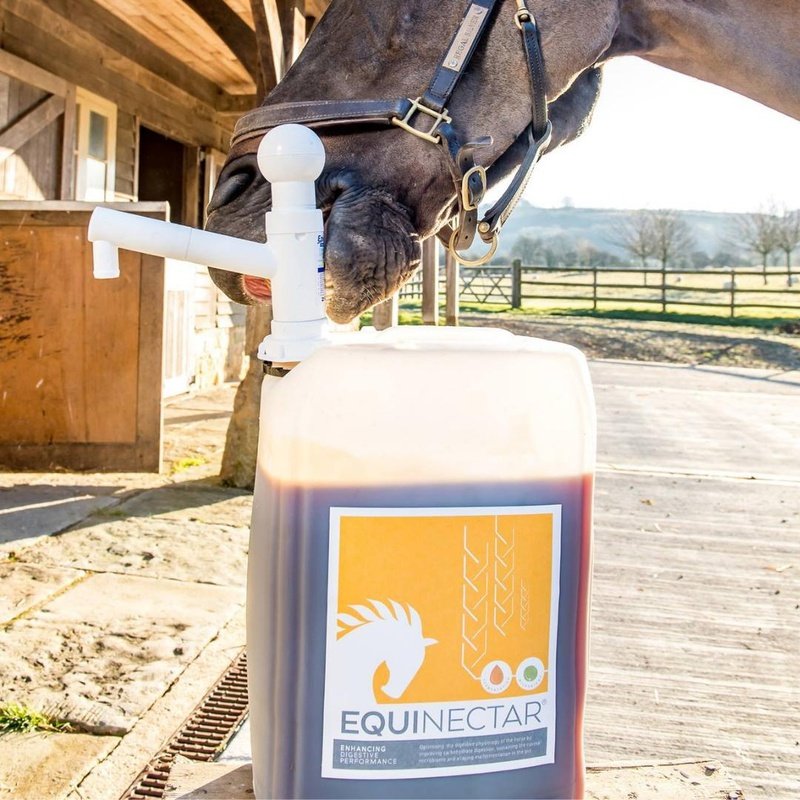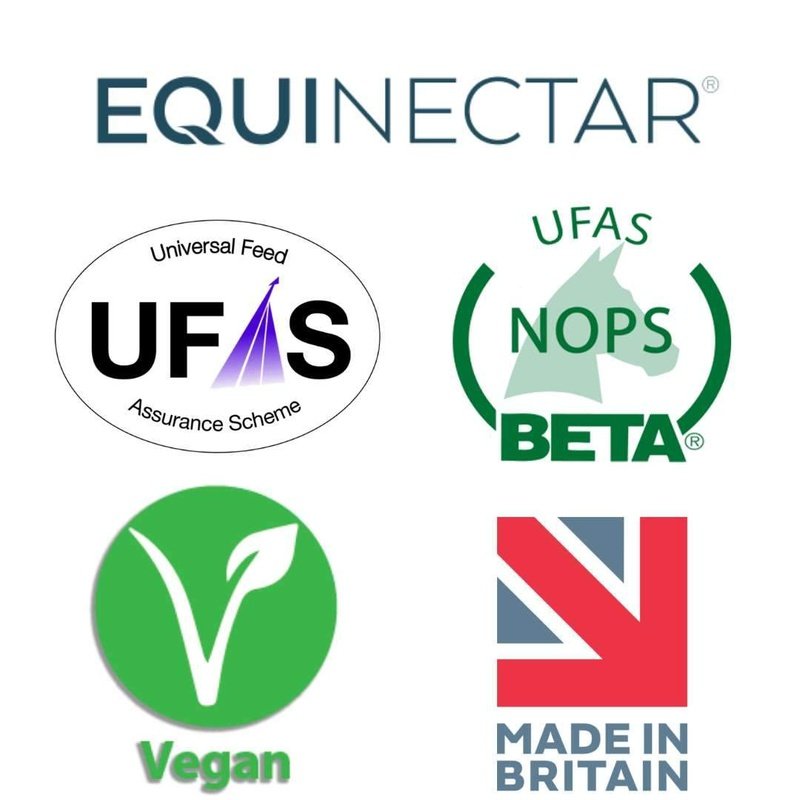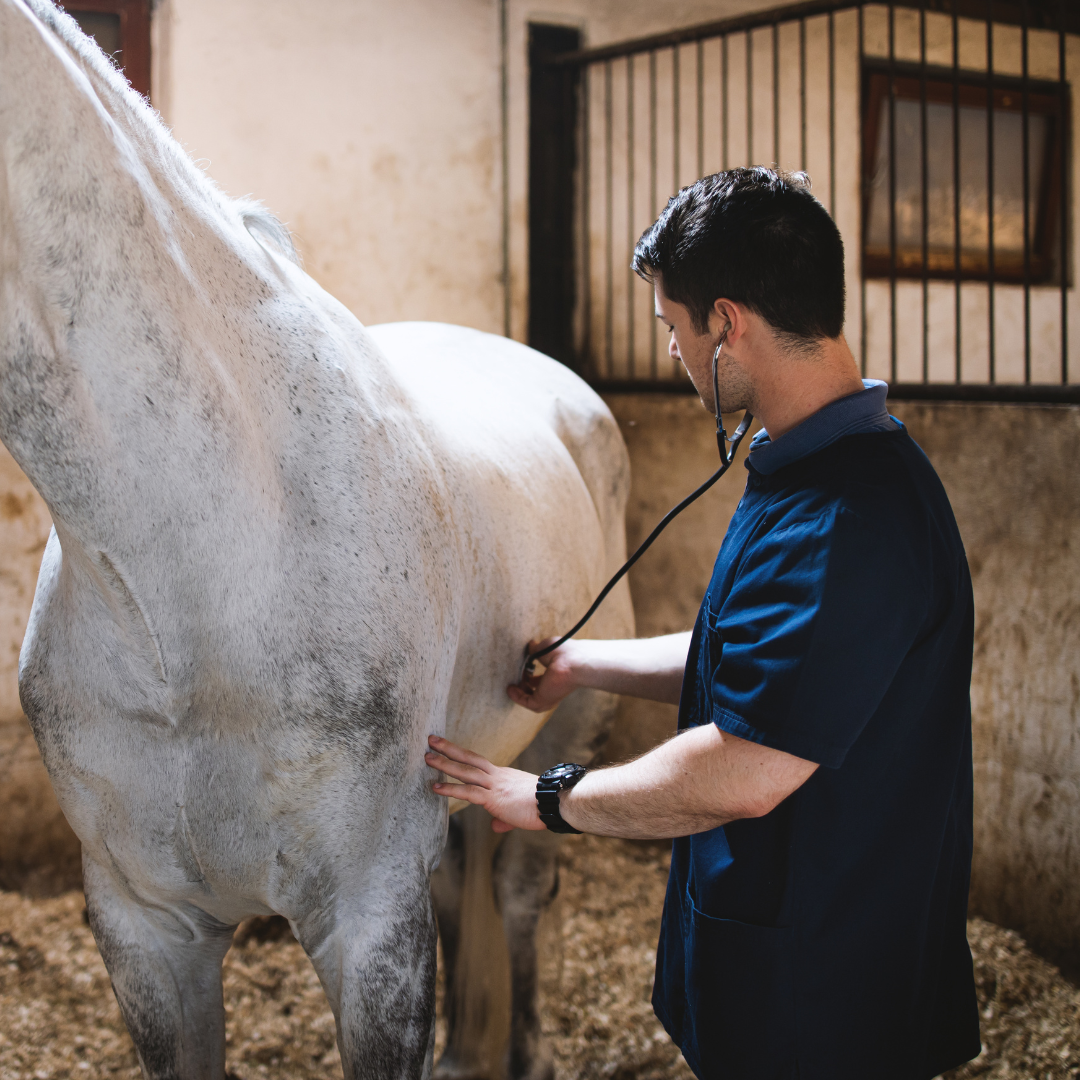This article was originally published in VetTimes on 9th January 2024 - published here.
Introduction
This equine fecal pH study builds upon previous research in pharmacogenetics, carcinogenicity, and chronic disease analysis. The research team at Tharos and Ateria Health, recognized for their work in metabolomics and metagenomics, specifically focused on detecting health-related changes in gut microbiomes of both humans and animals. Their primary goal was to evaluate how dietary modifications - particularly their patent-pending enzyme-rich malt extract - influenced racehorse gut health.
The innovative extract contains naturally occurring enzymes extracted from malted barley, including:
- Alpha-amylase
- Beta-amylase
- Fructanase
- Xylanase
- Cellulase
- Beta-glucanase
- Phytase
Using non-invasive techniques, researchers monitored fecal pH as an indicator of gut microbiome balance.
Study Background
This research was particularly relevant given that racehorses typically consume high-carbohydrate diets, which often lead to digestive issues. These diets can cause an overproduction of lactic acid-producing bacteria while reducing short-chain fatty acids (SCFAs), crucial components in equine nutrition. The resulting increase in lactic and acetic acids leads to decreased pH levels in the horse's hindgut, potentially causing acidosis.
Multiple studies have established fecal pH as a reliable proxy measure for gut microbiome health. For horses, maintaining optimal microbial balance is essential for both overall health and athletic performance.

Figure 1: Box and whisker plot showing mean (line), 25th and 75th percentiles (box) and 5th and 95th percentiles (whisker) with outliers as individual data points of fecal pH in 72 Thoroughbred racehorses receiving an enzyme-rich malt extract feed supplement. Significant differences are shown in the comparisons (**** = p<0.0001, *** = p<0.001, ** = p<0.005).
Research Methods
Ethical Standards and Horse Selection
The study prioritized animal welfare through non-invasive methods, eliminating the need for formal ethical review. Researchers selected 78 Thoroughbred racehorses from nine different training facilities across the country. Trainers chose 8-10 horses each, without specific criteria, ensuring a natural study environment.
Data Collection Procedures
Researchers utilized the HI-981030 soil pH tester, a precision handheld device, for measurements. To ensure accuracy, they took three measurements from different areas of fresh feces. The team maintained strict quality control by daily calibration and thorough cleaning between samples.
Study Protocol
All participating horses received 150ml of the enzyme-rich malt extract (EquiNectar®) twice daily with their regular feed. The study maintained horses' standard feeding and training schedules, allowing researchers to attribute changes specifically to the supplement. Based on pilot studies showing stable fecal pH over six weeks under consistent conditions, the horses served as their own control group.
Results and Analysis
Key Findings
The study revealed a significant improvement in fecal pH levels among supplemented horses. Average pH increased from 6.20 to 6.40 during the four-week supplementation period. While this change might seem minor, it represents a meaningful shift in gut microbiome health.
Statistical Outcomes
The improvements showed strong statistical significance (p<0.0001). The percentage of horses with normal pH levels increased dramatically from 11% to 55% during the study period. This shift toward normal pH ranges (6.4-6.7) indicates improved gut health compared to the acidic conditions often seen in racing horses.

Figure 2: Box and whisker plot showing mean (line), 25th and 75th percentiles (box) and 5th and 95th percentiles (whisker) with outliers as individual data points of fecal pH in 72 Thoroughbred racehorses receiving an enzyme-rich malt extract feed supplement. Significant differences are shown in the comparisons (**** = p<0.0001, *** = p<0.001, ** = p<0.005).
Practical Applications
This research has significant implications for both racing and recreational horses. The findings suggest that enzyme-rich malt extract supplementation can effectively normalize gut conditions in performance horses, potentially addressing common issues like:
- Hindgut acidosis
- Weight maintenance challenges
- Decreased appetite
- Muscle condition deterioration
- Behavioral changes
- Inconsistent performance
Future Research Directions
The research team welcomes collaboration with equine health professionals and veterinarians to explore:
- Mineral and vitamin optimization
- Connection between gut health and injury prevention
- Impact on behavior and training effectiveness
- Respiratory health
- Exercise-induced pulmonary hemorrhage
- Behavioral issues (stall walking, cribbing, wind sucking, weaving)
Acknowledgments
Special recognition goes to Mark Bowen for data analysis and veterinary expertise, Ben Nedas for study design and methodology development, and Tim Jones for participant recruitment and sample collection management.










Share: